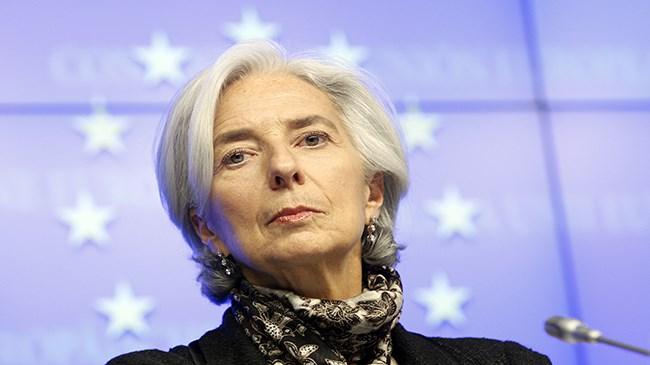It is also experiencing stiff price competition from Amazon, as shown by its decision to slash the price of its bike product.
In the first year of the pandemic, Peloton was trading at a peak of $US162 a share. It is now trading about $US24 a share, giving a market capitalisation of about $US40 billion ($55.4 billion) less than what it was worth at its peak.
This reflects the opening up of economies, and the possibility that many shiny new Peloton bikes are sitting gathering dust as people brave the outdoors.
Netflix shares fell 16 per cent after it released fourth-quarter financials early on Friday morning (AEDT), detailing how it had missed its 8.5 million subscriber growth target for the latest quarter by just 2.3 per cent.
Netflix, which has lost about $US80 billion in market cap from its peak last year, is being sold off just as it reaches a turning point in its fortunes. Its profit margins are rising, and it should be cash flow positive this year for only the second time in its history.
Its total subscriber numbers were 221.8 million at the end of December and are forecast to rise by 2.5 million this quarter. Bullish broker forecasts published last year tipped Netflix subscribers would hit 260 million by 2025.
The company’s future profitability is tied to increased penetration of international streaming customers, delivering a pipeline of compelling content, and increases in monthly subscription rates to boost average revenue per user.
In Australia, there are early signs of losers from the pandemic tide going out.
This week, shares in Redbubble, the online marketplace for products created by independent artists, fell around 30 per cent to $2.10 after it revealed a blowout in expenses.
During the early stages of the pandemic, Redbubble’s revenue soared on the back of strong demand for face masks. One broker described it as the most cash-generative e-commerce company on the ASX.
Over the course of 2020, management said costs were more or less fixed and that the company had good operational leverage as revenues grew.
But under chief executive Michael Ilczynski, who was appointed in January 2021, costs blew out just as revenues began to slide.
The deterioration in performance was rapid. In late October, Ilczynski said the EBITDA margin as a percentage of marketplace revenue was expected to be in the mid-single digit range for fiscal 2022.
This week, he said it would be negative low single digits. The valuation of Redbubble has plunged to $600 million, from $2 billion in the past year.
Another high-profile COVID-19 victim is Nuix, the data analytics software company used by the FBI, CIA and ASIC. It was a market darling for about a month after it listed on the ASX in January last year when its shares shot to $10.90.
Nuix shares on Friday fell about 20 per cent to $1.62 following the release of a profit downgrade. The company said the first half “pro-forma EBITDA is expected to be materially below the prior corresponding period”.
Nuix’s profits are being hit by three negative forces: revenue growth from new customers is lower than the prior period; it has rising legal costs from a class action; and it is making increased investment in marketing and product development.
Note: This article have been indexed to our site. We do not claim legitimacy, ownership or copyright of any of the content above. To see the article at original source Click Here













